Coolant and Its Necessity in Air Conditioning
Most people know that air conditioners keep homes and businesses cool and comfortable during summer, but how much do most people know about how they work? Most people don’t realize that most air conditioning units are less about creating cool air and more about absorbing heat.
The primary medium that cooling systems use to absorb heat is refrigerant. It passes through a closed system of copper tubing that expands to absorb the heat and then is condensed in order to pass in front of a blower to absorb heat indoors again. This article will cover the basics of refrigerant and answer frequently asked questions about it.
FAQ #1: How Can You Tell What Kind of Refrigerant an AC Uses?
There are several different types of refrigerants, and each AC system can only use the type of refrigerant it was designed to use. Putting the wrong refrigerant in an air conditioning system can have dire consequences, much as putting the wrong type of gas in a car can be detrimental to the engine.
A homeowner can figure out which refrigerant their air conditioner uses by looking at the outdoor condenser unit. The label should say the type it uses. If a home’s HVAC system is older than 2010, it likely contains R-22 refrigerant, also called Freon. It was banned for use in new ACs in 2010 due to causing environmental damage, so newer units will not have it.
FAQ #2: Why Is the AC Leaking Refrigerant?
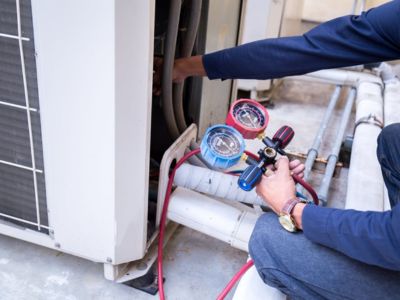 There is no one catch-all answer to this question. There are several reasons why an AC unit could have a coolant leak. Some of the most common reasons are listed below.
There is no one catch-all answer to this question. There are several reasons why an AC unit could have a coolant leak. Some of the most common reasons are listed below.
- The age of the unit
- Normal wear and tear
- Corrosion
- Pinholes caused by acid exposure.
Depending on the severity of the damage, these problems may be repaired or require replacement and investment in a new unit. An HVAC contractor can determine the best course of action after inspecting the system.
FAQ #3: How Can You Tell if There’s a Refrigerant Leak?
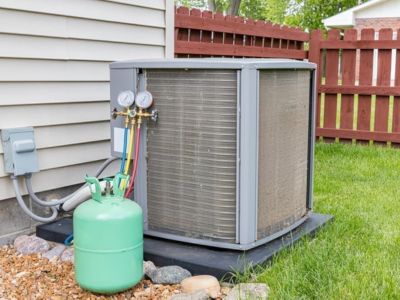 If a homeowner suspects a refrigerant leak, they should call a trained professional. They have tools, such as a refrigerant leak detector, that protect them from close exposure. Refrigerant is a dangerous substance and should be avoided by people not trained to handle it. Some of the signs of a refrigerant leak are listed below.
If a homeowner suspects a refrigerant leak, they should call a trained professional. They have tools, such as a refrigerant leak detector, that protect them from close exposure. Refrigerant is a dangerous substance and should be avoided by people not trained to handle it. Some of the signs of a refrigerant leak are listed below.
- Not Cooling: If the unit is not cooling the home, or at least not cooling as expected, there may be a refrigerant leak in the coils.
- Frozen AC Coil: If a homeowner can see ice built up on the coils, this is evidence of a leak. A frozen coil is often due to a refrigerant leak.
- Hissing or Gurgling: If sounds like hissing or gurgling are coming from the AC unit, it may be due to a refrigerant leak.
While homeowners can certainly change air filters, they should not attempt to make repairs on their own. These units and coolants can be delicate and dangerous for an untrained individual.
About Elite Electric, Plumbing & Air
Elite Electric, Plumbing & Air has over 30 years of experience serving Port St. Lucie and the surrounding areas. They provide 24/7 emergency service, upfront pricing, and fast turnarounds. Call them today for air conditioning and evaporator coil services in Port St. Lucie, FL.
Distribution Links +
- htv10.tv
- lifestyle.earl983.com
- lifestyle.maverick1023.com
- lifestyle.magic979wtrg.com
- https://smb.suffolknewsherald.com
- https://smb.thewashingtondailynews.com
- https://smb.thewetumpkaherald.com
- https://smb.cordeledispatch.com
- https://smb.lagrangenews.com
- https://smb.middlesboronews.com
- https://smb.roanoke-chowannewsherald.com
- https://smb.tallasseetribune.com
- https://smb.thepostsearchlight.com
- https://smb.valleytimes-news.com
- https://smb.lowndessignal.com
- https://pr.washingtoncitypaper.com
- https://smb.theleesvilleleader.com
- https://smb.prentissheadlight.com
- https://smb.beauregardnews.com
- https://pr.hattiesburg.com
- https://pr.walnutcreekmagazine.com
- https://pr.thembnews.com
- https://pr.stylemg.com
- https://pr.bradfordvillebugle.com
- https://pr.boreal.org
- https://pr.timesofsandiego.com
- https://pr.chestercounty.com
- https://pr.wncbusiness.com
- https://pr.ashlandtownnews.com
- https://pr.millismedwaynews.com
- https://pr.norwoodtownnews.com
- https://pr.hopedaletownnews.com
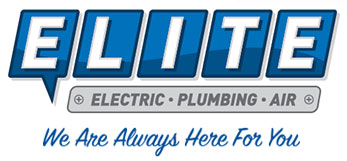





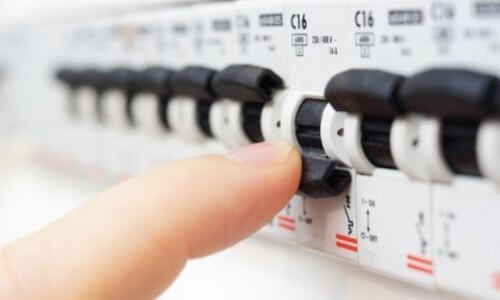
 Removing fuses can be extremely dangerous. It’s important to let the professionals handle these issues, as they are professionally trained. For safety reasons, DIY is not the way to go when tackling these problems. Professionals make this much easier, as well, as they will let the owner know exactly what the problem was, and then fix it on the spot.
Removing fuses can be extremely dangerous. It’s important to let the professionals handle these issues, as they are professionally trained. For safety reasons, DIY is not the way to go when tackling these problems. Professionals make this much easier, as well, as they will let the owner know exactly what the problem was, and then fix it on the spot.
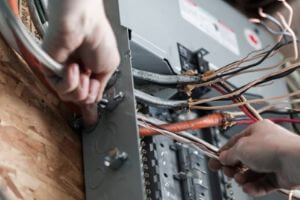 If the fuse box is old, it can be a safety hazard. The number one benefit of upgrading would be for safety reasons. Without it,
If the fuse box is old, it can be a safety hazard. The number one benefit of upgrading would be for safety reasons. Without it, 










